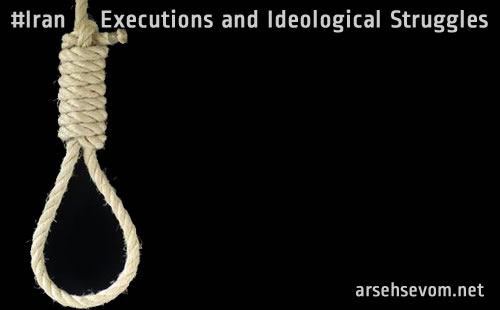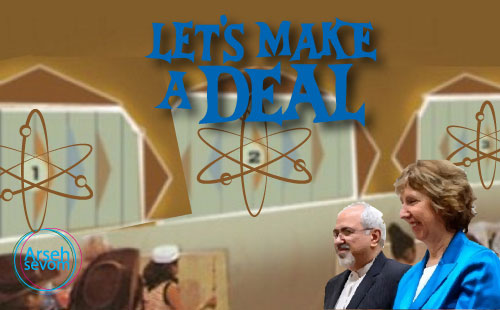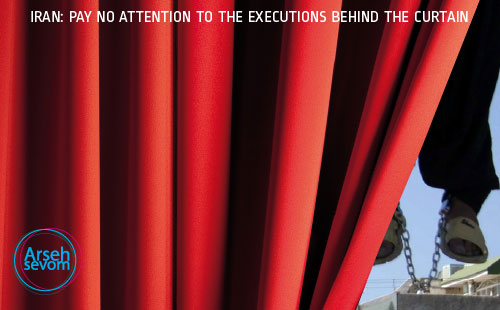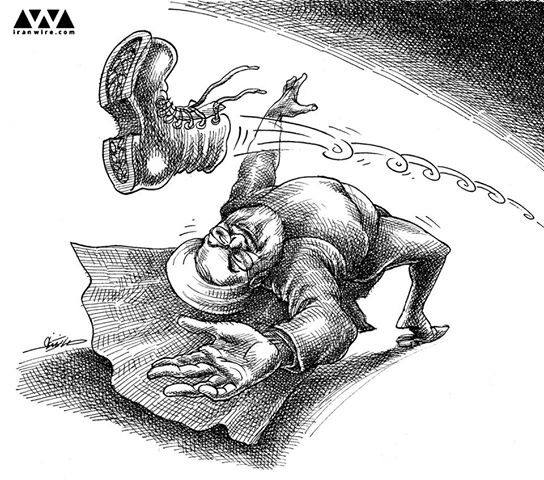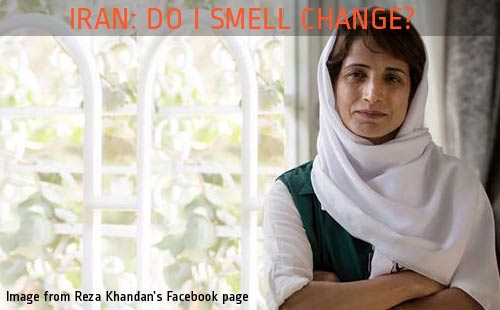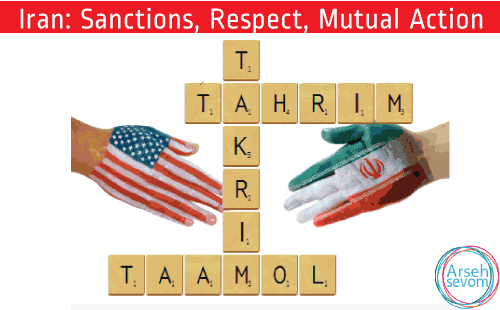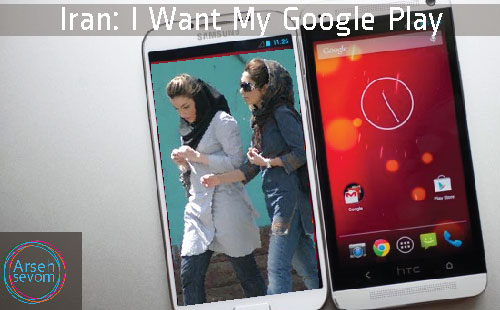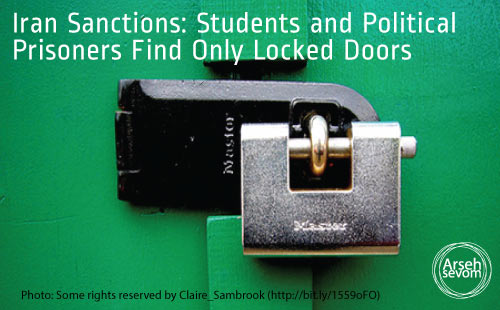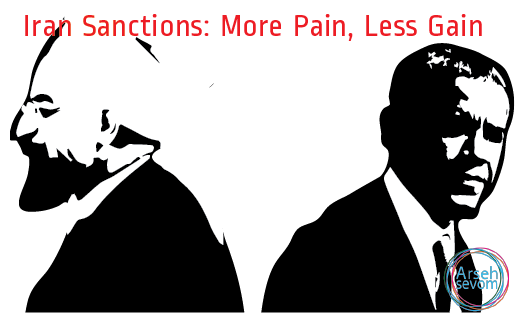October 28, 2013
Arseh Sevom -- The ideological struggle between reform and restriction is being played out in many arenas in Iran. Last week, hardliners hung billboards opposing negotiation with the West, this week they were taken down and replaced with less combative messages. The ministry of culture promised to liberalize the publication process, while a reformist newspaper was ordered shut down. For those condemned to execution in Iran, there has been no change for the better, with increases in the number of executions. This was dramatically played out over the weekend when 16 prisoners were executed in response to a deadly attack on Iran's border guards.


